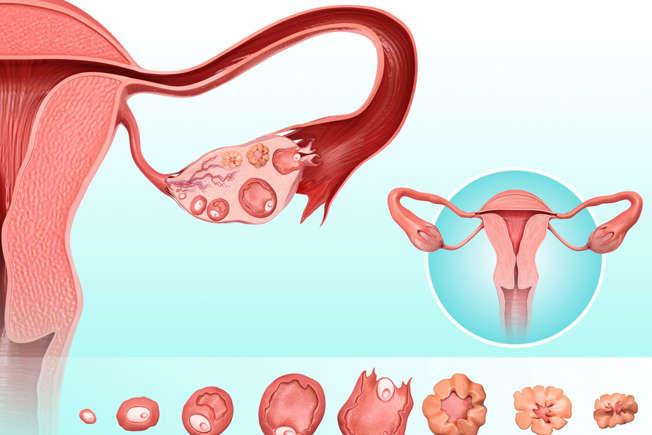Ovaries turn out to be not just a fertility organ but the key to the holy grail to prolonged health in women which is why scientists are now trying t
Ovaries turn out to be not just a fertility organ but the key to the holy grail to prolonged health in women which is why scientists are now trying to work out how to stave off the menopause, perhaps for good.
Estrogen production
If the working life of women’s ovaries is extended, estrogen continues to be produced and women have a better chance of keeping heart disease, dementia, osteoporosis, obesity, diabetes and other conditions at bay.
“Estrogen determines a woman’s normal metabolism; it is central to cognitive development, to immune function, to cardiovascular function, to hyperlipidemia and vaginal atrophy,” Spanish genome researcher, Guillermo Antiñolo, tells El País news site.
More than a source of eggs
“The ovary, for so long, has been viewed just as a source of eggs. We really now appreciate that this little organ — there’s so much more in terms of the woman’s health and wellbeing,” Dr. Zev Williams, director of the Columbia University Fertility Center, told the Today news site.
“While the ovaries are functional, you’ll see this health benefit that women have overmen,” Williams added. “So lower rates of heart disease, stroke, Alzheimer’s, dementia … but then once menopause occurs, those health benefits get lost.”
Delaying ovarian ageing
A placebo-controlled pilot study was set up “to assess the ability of low-dose rapamycin to delay ovarian aging in women,” according to the study’s authors on the National Library of Medicine website.
Longer post-menopausal lives
While our life spans have increased, women are experiencing the onset of menopause at the same age, leaving them with an expanding proportion of their time on Earth in a postmenopausal state, according to the study.
A different approach
Another angle under investigation is the slow down of egg release, using “an engineered protein based on a hormone called anti-Müllerian hormone (AMH),” CEO and founder of Oviva Therapeutics, Daisy Robinton tells The Guardian.
The “grand vision”
Robinton says Oviva Therapeutics’ “grand vision” is: “To elevate levels of this protein in the blood, so we can reduce how many eggs are lost over time, and in doing so extend the runway to menopause.”
